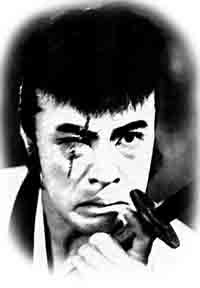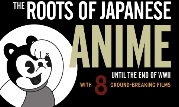Happy Mochinaga Day
Happy holidays to everyone!
I may be peculiar, but Christmas always reminds me of Mochinaga Tadahito, who was in charge of the puppet animation for the classic holiday TV show, Rudolph the Red-Nosed Reindeer. Most people don't know this (he was not prominently credited on the show), but the show that scared me a lot when I was young (I hid behind the sofa every time the Abominable Snowman appeared), was animated in Japan. So for me, while most people talk about anime and the superflat and limited cel animation - a tradition that for most Americans goes back to Speed Racer and Kimba - Japanese animation has always also been puppet animation. That's a strong tradition, carried on by Okamoto Tadanari (who worked under Mochinaga) and Kawamoto Kisaburo, but it is unfortunately ignored. The anime otaku who create lengthy entries on the Japanese Wikipedia about Tomino Yoshiyuki (the director of Gundam), have not even created one on Mochinaga, one of Japan's greatest animators. (That's one thing I have against Wikipedia.)
Mochinaga had a very colorful life. He was an animator on the notorious wartime Momotaro no umiwashi (which Zakka Films is putting out on DVD) under Seo Mitsuyo, ended the war at Man'ei but stayed in China after the war (he is credited for helping develop Chinese puppet animation), and passed away in 1999. His memoirs were published in 2006.
So watch the trailer for Rudolph below and please remember a name that is mostly suppressed on both the show and "anime" history.


